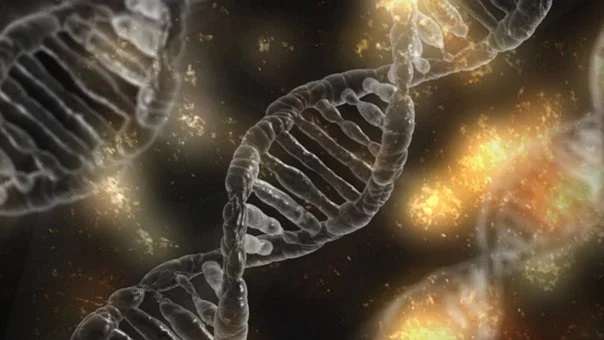
About The Department
The Department of Biological Sciences (DBS) offers undergraduate and postgraduate degree programs in Biotechnology, Microbiology, Entomology, Bioinformatics, Biodiversity and Ecology. The Biological Sciences curriculum aims to provide a coherent program over a period of up to four academic years of full-time study (depending on whether the program level is undergraduate or postgraduate). This is intended to provide skills and professional training for the job market, while at the same time equipping the student with scientific knowledge and skills application to state-of the art research. The degree programs are intended to provide a strong foundation that will prepare the students for postgraduate studies and research. Elective courses are offered in the fourth year of study to give students the opportunity to customize their degrees. Research is also a vital part of the DBS. Current research interests of staff members include varying subjects such as Beetle taxonomy, Plant/pathogen interactions, General ecology, Systematics and Taxonomy of animals and plants, Effects of termites on infrastructure and DNA barcoding. Find out more by visiting the pages about our staff.
Message from Head of Department
Biology is a broader science, including studies of both simplicity and complexity of life sciences. Our Department has members of staff trained from all over the world in varying fields of sciences. Together, this team is tasked with training the next generation of biologists for Zambia and beyond. Despite the fact that our Department is still in its infancy stage, it already has a mammoth responsibility in offering world-class and reputable biology programs at undergraduate and postgraduate levels. In order to achieve this, concerted effort is needed from all team members. The field of biology is rapidly evolving making it necessary for us as educators and researchers to improve and grow with its revolution. This spirit will enable our Department to achieve dynamic results in both research and other academic components. In tandem with the fast growing biological world, I propose a renewed focus on the following:
• Resource mobilization
• Partnership with local and international scientists
• Curriculum Review & Development
• Staff Capacity Building
• Research & Publishing
It is my sincere hope that together we will add new knowledge to our respective fields and create an exciting science experience for both educator and learner.
Best regards!
Curriculum at the Department of Biological Sciences
The Department of Biological Sciences (DBS) offers undergraduate and postgraduate degree programs in Biotechnology, Microbiology, Entomology, Bioinformatics, Biodiversity and Ecology. The students majoring in these five areas are required to take foundation biology courses in the first two years of their study. Thereafter, the students will be expected to specialize in one of the four disciplines at third and fourth year levels of study.
The DBS aims to fulfill its role as a source of qualified biologists who are able to participate in knowledge creation both at local and international levels through basic and applied research. The curriculum has been developed in order to achieve these important goals.
The First and Second Years
The first and second years of study in Biological Sciences are foundation years and cover all the main areas of Biology, commencing with cells and molecules, hematology, parasitology and moving on to the diversity and ecology of living organisms as well as the use of quantitative methods. The emphasis is on giving students an idea of the range of topics covered by modern biology, to enable them be equipped with informed decisions about the degree majors which they will pursue in their senior years of study.
The Third and Fourth Years
In the third and fourth years, students may choose one of four specialized areas. These are presented in a way that allows progression from basic knowledge in the third year to advanced topics in the fourth year
Undergraduate Programmes
• BSc in Biotechnology
• BSc in Entomology
• BSc in Microbiology
• BSc in Biodiversity and Ecology
• BSc in Bioinformatics
Postgraduate Programmes
• Master of Science in Biology (Biodiversity & Ecology)
• Master of Science in Biotechnology
• MPhil in Biology
• MPhil in Biotechnology
• Doctor of philosophy in Biology (Biodiversity & Ecology)
- Doctor of Philosophy in Biotechnology
